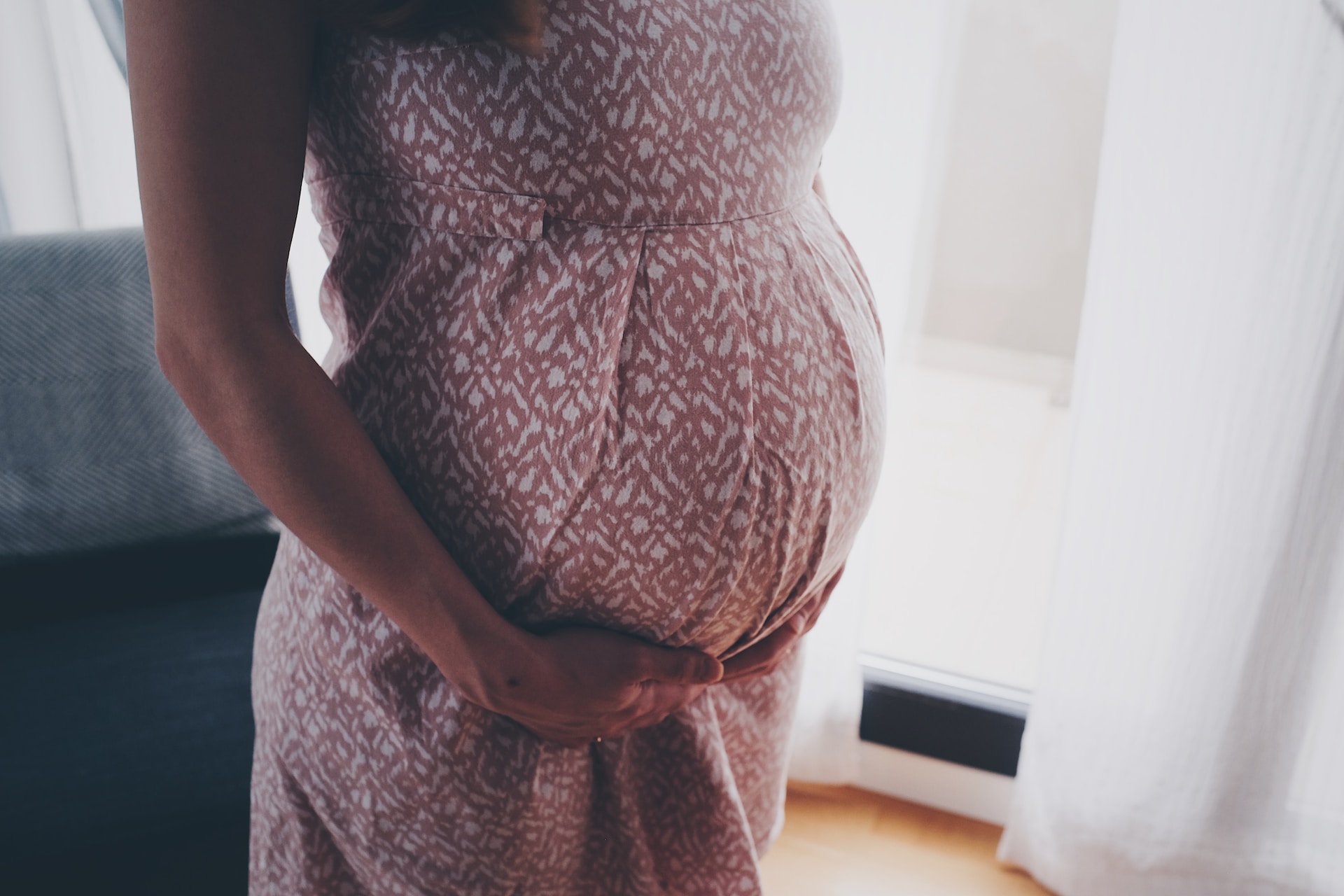Introduction:
Welcome to pregnancy week 35, a significant milestone as you near the end of your pregnancy journey. Your baby is almost fully developed and gaining weight, and your body is preparing for labor and delivery. In this article, we will explore the key developments during week 35 of pregnancy, the changes happening within your body, and provide essential tips to help you prepare for the final weeks before meeting your little one.
Baby’s Development:
During pregnancy week 35, your baby is approximately the size of a honeydew melon, measuring around 18.2 inches (46.2 centimeters) in length and weighing about 5.3 pounds (2.4 kilograms). Let’s delve into the remarkable developments taking place within your baby:
- Continued Weight Gain: Your baby continues to gain weight rapidly as they prepare for life outside the womb. The fat layers beneath their skin are increasing, providing insulation and energy reserves.
- Lung Maturation: Your baby’s lungs are nearly fully developed, with the air sacs continuing to mature. They are practicing breathing movements, inhaling and exhaling amniotic fluid, which helps strengthen their respiratory system.
- Immune System Development: Your baby’s immune system is becoming stronger as they receive antibodies from you. These antibodies will provide them with some immunity during the early weeks after birth.
- Head-Down Position: By this stage, most babies have settled into the head-down position, with their head near the birth canal. However, there is still a small possibility for babies to change positions before delivery.
- Decreased Room for Movements: With limited space in the womb, your baby’s movements may feel more like rolls and stretches rather than sharp kicks or punches. You may notice a decrease in the intensity of their movements as they settle into a snug position.

Changes in Your Body:
As you progress through pregnancy week 35, your body continues to undergo changes to support your growing baby. Here are some common changes you may experience:
- Braxton Hicks Contractions: Braxton Hicks contractions may continue and may feel more noticeable and frequent. These practice contractions are preparing your uterus for labor. If you experience regular, painful contractions that increase in intensity, duration, or frequency, contact your healthcare provider.
- Pelvic Pressure: The weight of your growing belly may cause increased pelvic pressure and discomfort. This is due to the baby’s position and the pressure exerted on your pelvic floor muscles. Practice pelvic floor exercises and use supportive undergarments for relief.
- Backaches and Leg Cramps: Backaches and leg cramps are common at this stage of pregnancy. Practice good posture, engage in gentle stretching exercises, and consider prenatal massages or warm baths to alleviate discomfort.
- Frequent Urination: The pressure of your uterus on your bladder persists, leading to increased frequency of urination. Empty your bladder completely each time and avoid caffeine or other diuretics to minimize trips to the bathroom.
- Swelling: Swelling, particularly in the hands, feet, and ankles, may become more pronounced. Elevate your legs whenever possible, avoid standing or sitting for long periods, and wear comfortable shoes to minimize swelling.
Final Preparations:
As you prepare for the final weeks of pregnancy, here are some essential tips to help you navigate pregnancy week 35:
- Hospital Bag: Ensure your hospital bag is packed and ready with essentials for yourself and your baby. Include comfortable clothing, toiletries, nursing bras, snacks, important documents, and any personal items that will help you feel more comfortable during your hospital stay.
- Birth Plan Review: Review your birth plan with your healthcare provider and discuss any specific preferences or concerns you may have. Keep an open mind, as birth plans may need to be adjusted depending on the circumstances.
- Baby’s Arrival: Start preparing for your baby’s arrival by setting up the nursery, washing baby clothes and bedding, and gathering necessary newborn essentials. Familiarize yourself with baby care basics, such as diapering, swaddling, and breastfeeding techniques.
- Rest and Self-Care: Prioritize rest and self-care as you approach the final weeks of pregnancy. Listen to your body’s signals and take breaks when needed. Engage in activities that help you relax, such as prenatal yoga, meditation, or gentle walks.
- Finalize Support Network: Reach out to family members, friends, or a support network to discuss postpartum support. Having a strong support system in place can greatly alleviate the transition into motherhood.
Conclusion:
As you embrace pregnancy week 35, celebrate the incredible progress your baby has made and honor the changes happening within your body. Continue to prioritize self-care, prepare for your baby’s arrival, and stay in close contact with your healthcare provider. The final weeks of pregnancy are a mix of excitement and anticipation, and soon you will be holding your little one in your arms.






